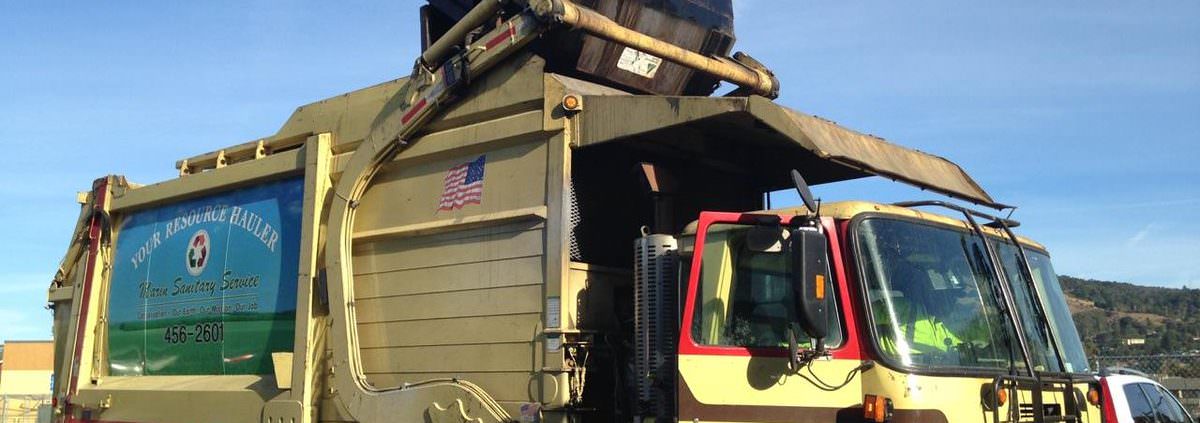Marin Franchisor’s Group – Rate Methodology Review
In 2017, R3 was engaged to conduct a comprehensive Rate Methodology Review on behalf of the Marin Franchisors’ Group (Group), which is made up of the cities of San Rafael and Larkspur, the Town of Ross, the County of Marin, and the Las Gallinas Valley Sanitary District.
R3’s primary objectives were to streamline and simplify the Group’s rate-setting methodology in order to address recycling commodities fluctuations and complete a meet-and-confer negotiation process to resolve $1.15 million in accumulated losses from the processing and sale of recyclable materials since the recycling market crash. R3 worked with the Group and franchised hauler, Marin Sanitary Service (MSS), to revise the existing rate methodology to meet the following primary goals:
- Establish a resolution for over $1 million in losses in the Recycling Reserve Fund carried by the company since the recycling market crash;
- Develop a new model for handling recycling costs and revenues to replace the Recycling Reserve Fund that would add greater certainty for rate-setting in the future; and
- Revise the overall methodology for setting rates to achieve goals of streamlining, simplification, rate stability and recognition of the value of recycling and composting.
- Establish performance metrics and tracking to better understand qualitative outcomes of MSS’ operations and outreach; and
- Revise and institute formal succession planning and assignment language and documentation.
In parallel with the Rate Methodology Review, R3 also conducted a rate survey of the surrounding jurisdictions, and was engaged by the Group to review MSS’s 2018 Rate Application and 2019 Cost-Based Rate Application.
Due to the anticipated new methodology, the Group and MSS had planned to complete a complex cost-based rate adjustment for 2018 rates so that the new streamlined rate setting methodology could take effect for 2019 rates. However, it was determined that results of the review would not be available in time, so the Group and MSS agreed to revert to the index-based rate adjustment process for 2018 rates in order to stay on schedule for the 2018 rate adoption process. The Group retained R3 to conduct a detailed review of MSS’s 2018 rate application to review the basis of MSS’s projections, and to recommend adjustments in keeping with the terms and conditions of the Agreements. Based on the detailed rate review, R3 determined that a rate increase of 5.57% was appropriate to compensate MSS for its projected 2018 expenses – a significant decrease to MSS’ proposed rate increase.
In 2018, R3 reviewed MSS’s cost-based rate application for a 2019 rate adjustment, and determined that an overall rate increase of 9.56% was appropriate to compensate MSS for its projected 2019 expenses including the treatment of prior recycling losses or future recyclables processing costs and consideration of negotiated outcomes of the meet and confer process, with varying increases for each Group Agency, which vary slightly depending on the amounts and types of franchise and other fees set by each agency.
As a result of our assistance, the Group gained the following benefits:
- Stable and predictable rates for the next 5 years, and a firm basis for rate control in future years;
- Significant saving on consultant costs and staff time to conduct the of the annual rate adjustment process (anticipated annual 70-80% reduction in time and costs);
- Improved accuracy and transparency of the rate adjustment process;
- New performance metrics for outreach and education as well as regular operations, billing, and customer service; and
- A revised rate-setting methodology designed to address rate fluctuations, while maintaining an emphasis on responsible solid waste management, good value to customers, and reduction of waste to landfill, including:




Leave a Reply
Want to join the discussion?Feel free to contribute!